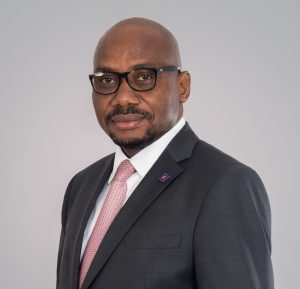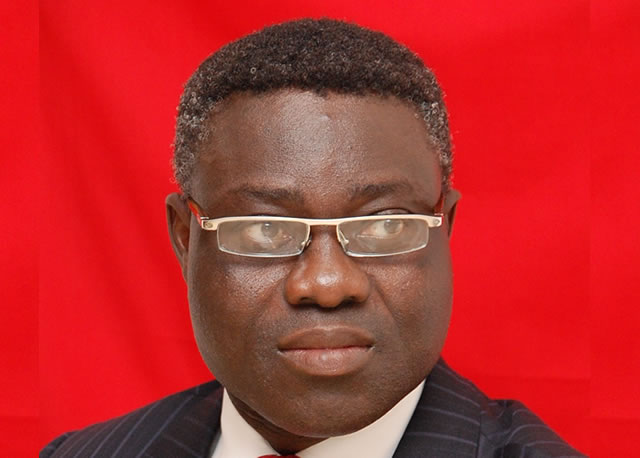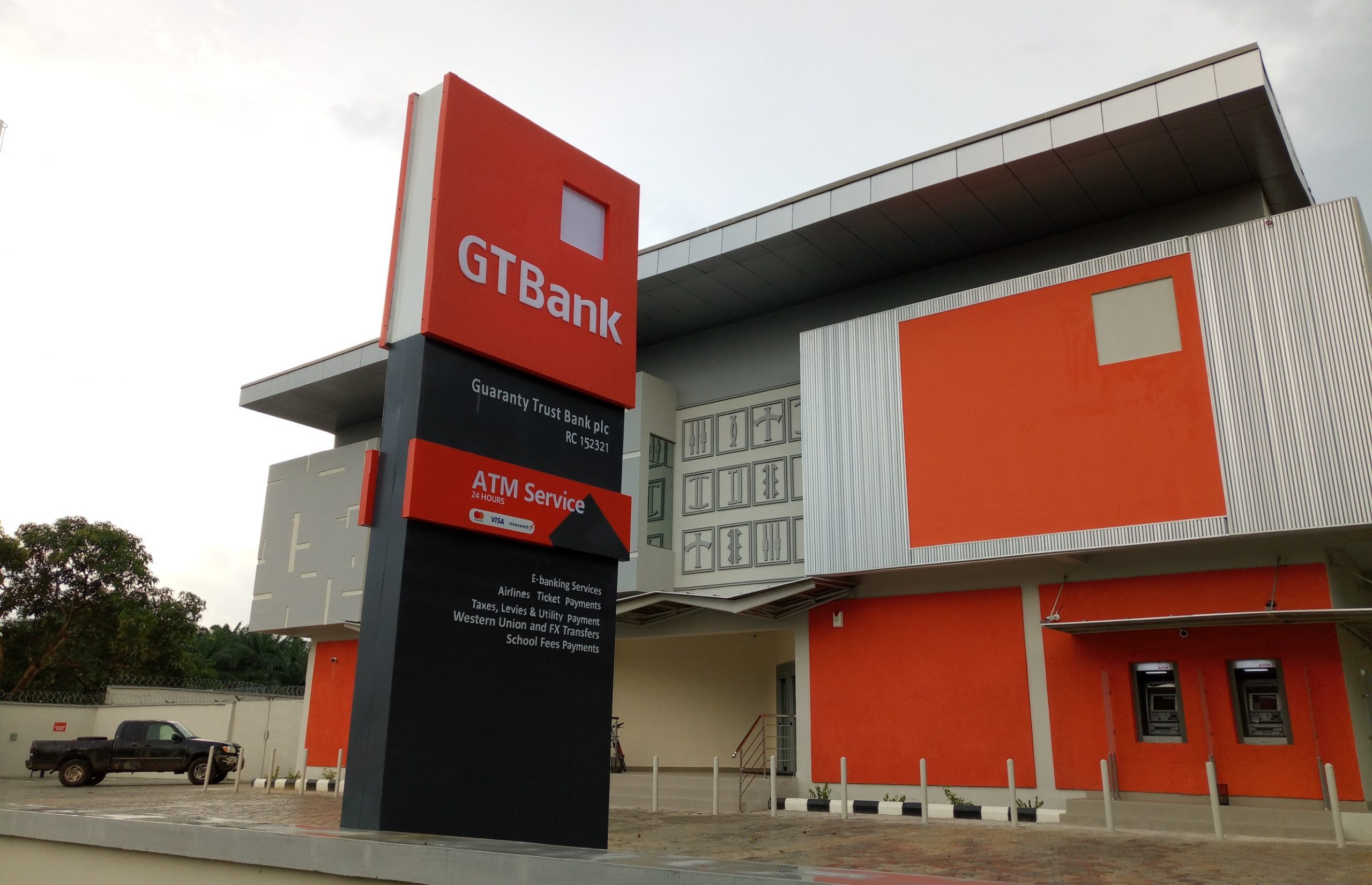…says Bill has gained tribal and political colouration
…but I will support it, it’s better than nothing
…Nigeria belongs to us all we must be seen to give it our best
…true federalism is the ultimate
Rep Kingsley Ogundu Chinda is a lawyer and the leader of the House of Representatives Peoples Democratic Party PDP Caucus. He represents Obio Akpor Federal Constituency of Rivers State. In this chat with TheNewsGuru.com,(TNG) Regional Editor, Emman Ovuakporie, he spoke extensively on true federalism, constitution amendment, the oldest Bill in Nigeria, the Petroleum Industry Bill, PIB, the intrigues, sectionalism, tribal and political colourations. Excerpts:
After 20years, suddenly the entire north is so interested in the passage of PIB and I remembered vividly in 2011, on the last day of plenary was when a section of lawmakers killed PIB. Then in 2015, the House passed it. In 2019 the Senate passed it. Suddenly the north is saying they are now in love with PIB, which kind of love is this?
A: For me a lot of things that happened in the parliament here appeared to be laced with either religion, tribe or political colouration. The PIB has also gained that kind of trend.
Like you rightly pointed out, this is a bill that has been passed before now but not assented to, almost got passed but a section of the country kicked and killed it and today they are clamouring for it.
People will not want to tell the truth. I will still support the PIB to fly but the north is interested because of the frontier exploration; one of the issues they are agitating for that the federal government should fund the frontier exploration.
But I also say that we are all in this country, it is one Nigeria and we believe in Nigeria as a state. I will keep praying that for those of us that have been privileged to find ourselves in position of governance and public authority, that we should place the interest of the country first, over and above sectional interests. The frontier exploration, how would it benefit Nigeria as a nation that is what we should be asking ourselves.
In one breath we are saying we want to open up this sector, commercialize it, invest little and gain more out of it. In another breath we want to fund the area that before now the private sector is funding and we are doing all these because of our own parochial interest.
Like I said these things are known, we understand what is happening but I still believe that the PIB should pass, let it be a law, let us begin to practice it and then over time, if there is need, the same people I believe would call for an amendment to correct because if you asked that the country should fund frontier exploration, we are going to plunge in almost all our profits back into exploration, it will not make sense.
But today if we remove it, I can assure you that the PIB will not fly, it will not be passed, unfortunately that is the country we find ourselves in; a country where Nigeria comes last, our religious belief comes first, my tribe comes first and then the country comes last.
There are things that are fundamentally wrong with us as a nation which we must correct and that brings us to the issue of cutting down on the powers of the federal government, looking at the constitution a second time and allowing the states, allowing the local governments to do more and let the federal government take care of things that are only necessary for them to do so; begin to practice true federalism, both fiscal federalism and political federalism.
If we allow these things to flourish, this country is not poor like everybody is saying, Nigeria is a rich country but Nigeria is poor in terms of managers, those who are managing our affairs are poor in mentality and because we are poor upstairs, we cannot bring anything better than what we have on the table.
And so I solicit, I am an apostle of mindset change in this country that is the only way we can get out of the mess we find ourselves. Even where you get angels to run this country as long as tribalism is there, nepotism is there, it will be difficult for us to get out of the mess. So we must begin to change our mindset.
Tell me one thing on earth that is made for itself; no human being was created for himself and so no tribe was created for itself. You are created for others. So when you begin to look at yourself, what am I going to benefit, what am I going to gain out of this, you will make a very fundamental mistake.
When you ask what are we, what is he, what will others get out this action then you are doing the right thing, that is why God created you. Everything created is created for others, so is man created for others but we make the mistake of being selfish.
So I will urge us the time has come for us to be Nigerians, for us to be a little bit more selfless, for us to make laws not for us but for Nigeria and for Nigerians, that is the only way we can move forward.
So in summary, yes we have seen the arrangement that is going on concerning the PIB by our brothers from the north but when the PIB pass, let it go but I know they are making a very fundamental mistake.
Q: Oil companies are saying that this PIB that is to be passed is an emotional PIB, that there are so many things in the PIB that needed to be expunged for it to be a real PIB as it is not really commercially oriented; Shell, Mobil and the rest. From what you have said it is truly an emotional PIB. How would you react to that?
A: I agree with them that it is an emotional PIB that we have before us. Whilst the south is asking for more when it comes to oil producing communities, we want 20%, we want 10%, we want minimum of this and all that, the north is asking for federal sponsorship of frontier oil exploration; these are all things that has to do with my tribe, my tribe.
But as I have also said, let us pass the PIB, there is room for amendment. I believe that laws with time will continue to progress, let us pass the PIB. The emotional PIB that we have is still better than not having one at all.
We are taking the first steps, we know that there are mistakes, we know that there are fundamental flaws, let us take that first step and make it a law, it is easier to amend a law than to come up with a fresh one. It has taken us decades.
But if we on our own can realize these errors and go back to the drawing board and better what we have right now, it will be better for the country but if we cannot let us go ahead and pass the PIB.
Q: You talk about restructuring, can you educate the layman the difference between the local government autonomy that has just been allowed and restructuring?
A: For me that is one thing I also say. I have heard the president passionately talking about local government autonomy, in fact instructing council chairmen to either use their money or go to jail if they release it to their governors, I don’t know whether he said so but I read it on the social media. Wonderful, beautiful, in fact that is the content of our constitution.
Now when we are talking about restructuring, is the federal government to also do the same when it comes to her relationship with states, not just the states and the local government.
So if the president is the champion for local government autonomy, the president should also be the champion for state autonomy which is the whole essence of restructuring.
This is a federation, Nigerian portends to be the federal republic of Nigeria, not unitary republic of Nigeria. So Mr President should act that way.
The constitution has made it clear when it comes to the powers of the federation, all we are saying is that there are things that we see as unnecessary baggage on the shoulders of the federal government, that federal government should shelve and allow states to run these issues.
We take things like education, federal government has no business in education. Now go back to history, the west today you see them as people who are advanced in education and the north appears to be slightly backward in education why the allowed education for the regions. If we had the system we have today, the west would not have enjoyed that advantage.
You knows, if these things are moved out of the shoulders of the federal government, the north might even overtake the west when it comes to education.
The entire society is moving, life itself is dynamic, we cannot continue with this feeding bottle system, states running to Abuja for allocation and then thereafter you go back; and federal government freighting away monies because of projects that they cannot even monitor.
So let us begin to run a federation that is the essence, that is the entire thing about restructuring. The things that we think are not necessary for the federal government to overburden itself shelve it for states to handle. The ones that local governments can handle, let local governments handle under the constitution.
We take things like security, we have been battling with insecurity in Nigeria. The structure of our constitution does not help us. The police man in your village will take instruction from the commissioner of police who will take instructions from the IG who will take instructions from the commander I chief and so before those instructions come down, the situation is beyond control.
All we are saying, things like security let the states that can afford have their own state police. Local governments that can afford should have their own local government police and all of them will have different functions.
There are crimes that will go to federal police, there are crimes that state police can handle, there are crimes that local government police can handle. There is no way there cannot be improvement in the security system.
You come to the health sector; states should be allowed to manage that sector. The federal government cannot be investing in everything and that is why you have duplication of agencies, functions everywhere because it is so much and so it is not thorough.
So when we talk of restructuring, perhaps people look at monies and all that, we are talking about states managing their resources. Perhaps the south or Niger Delta that produces oil will now have the whole of the oil money and I think that is the pain, it brings us back to the issue of let us look at Nigeria as a state, as our state and let the interest of the country be uppermost in our minds.
It will even challenge states if you say look, you get what you generate and pay tax to the federal government; every state will begin to generate resources. Little did we know that we have so much gold in Zamfara, so why won’t that be made a formal thing, let the state get a formal resources from that wealth and pay tax to the government. Every state in this country is blessed but we are only being lazy by the system of government that we practice.
Q: Looking at the constitution, from what you have said, do you advocate for amendment or do you support a new constitution?
A: On the issue of the amendment of the constitution, in fact in the 8th assembly I started a movement with some of my colleagues for the replacement of the current constitution that we have, that is to reenact a fresh constitution.
But we had a hitch; in fact I was searching for a copy of the constitution we proposed and what is that hitch is section 9 of the current constitution which provides for alteration of the constitution and empowers the parliament to alter the constitution.
We looked at it and our question is, can we actually substitute the current constitution by way of amendment and a lot us arrive at a no answer; that by the provisions of section 9 we cannot repeal and reenact a new constitution under that section because the definition of alteration however you try to enlarge it does not mean to remove completely, it means to alter, to change, to amend, so that is the difficulty that we have.
What I have done is to propose again for an amendment of section 9, to allow for repeal and reenactment of a new constitution subject to a referendum.
So if you ask me my personal opinion, today you cannot bring in a new constitution under section 9, you cannot replace and reenact, no.
Else what we have proposed a quasi parliamentary system with one national assembly, one house. We looked at the cost of governance and we need to cut down the cost of governance.
The issue of restructuring, most of the items under exclusive and concurrent list, remove them to the states to perform those functions and the local government. The issue of security we also looked at it.
And in arriving at these things and crafting this new constitution, we took into consideration several confabs that have been held and their resolutions, wonderful resolutions that they arrived at. They looked at the problems of this country and came up with suggestions.
So we incorporated a lot of them in the proposed constitution but our problem has been the provisions of section 9 and so we are proposing an amendment to section 9, praying that it would fly.
Q: For some time now, IPOB, INC and the rest they have been calling for secession. Suddenly INC had a meeting with Buhari four days ago and they now said what they want is full restructuring whereby those from the Niger Delta will explore what they have than for us to be coming to the centre to beg for food, that is one and they demanded for two extra states. Meanwhile the president has met with other south-south leaders…Where is Nigeria heading to?
A: The things you are seeing both the insecurity, secession call and all that it only points to the fact that there is a maladministration in the system, it points to the fact that Nigerians are not satisfied with what they are getting, it points to the fact that people are beginning to be frustrated with the system and that is why they are talking about exit.
I don’t think that anybody truly wants to exit Nigeria but for the frustrations that Nigerians are facing. And that was why we had even earlier called here that Nigerians should call on their members to commence impeachment because we felt that Mr President was not doing enough, that Mr President has not shown capacity and competence on the job, that Mr President has relinquish his functions to others.
But today you can see him meeting with different groups in the country, those who have been calling for one right or the other and that is what we expect Mr President to do; he will need to continue with such meetings because that is the only way we can make progress.
What people are talking about is injustice in the system. You are talking about peace, you call for peace but you forget to do justice. As long as there is injustice, as long as there is imbalance people will continue to ask that they want to take their leave but if you give them justice they will stay back.
We all want Nigeria but not a Nigeria where you will be a second class citizen, not a Nigeria where you will continue to face injustice, no.
So what he is doing is right, he is discussing with people, talking to them, trying to listen to their complain; listening to their complain only gives some satisfaction.
I have been saying that this government is irresponsive why do I say so because Nigerians will complain and you don’t care and these are all the aftermath of irresponsiveness of a government. When people keep complaining and you ignore them, what is the implication?
If you make peaceful change impossible, you make violent change inevitable, that is where we are getting to, although late but it is better late than never.
So I ask Mr President now that he has woken up let him not sleep again, let him continue in that direction, we want Nigeria to remain peacefully. If there is no peace I can’t be in this office.
But when some of us talk they think that we want war, we want crisis, we want to tear the country, we want everybody to wake up because we want this country to get to the Promised Land. Nigeria is very wealthy but we are not managing our resources properly.
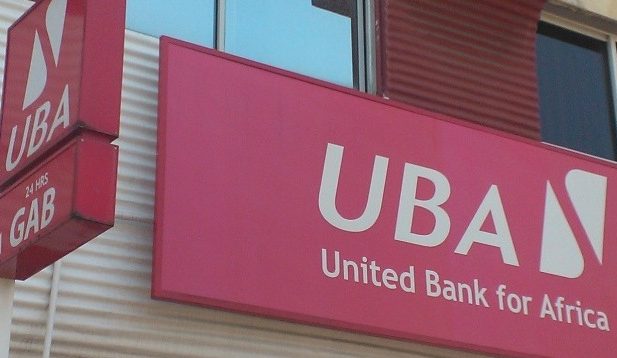
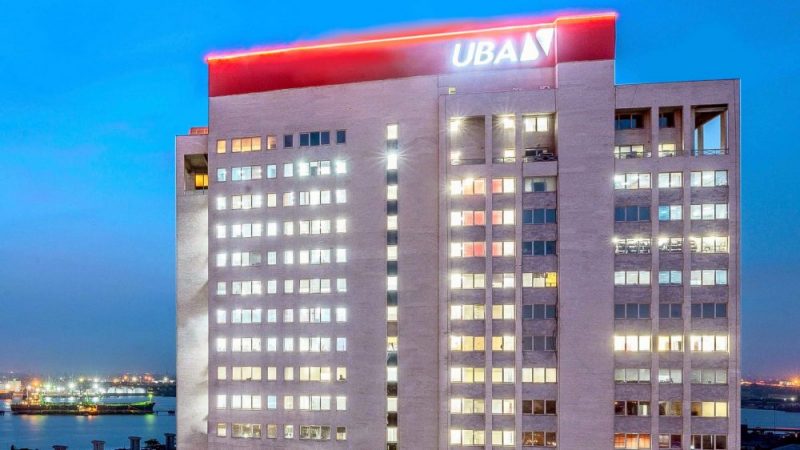
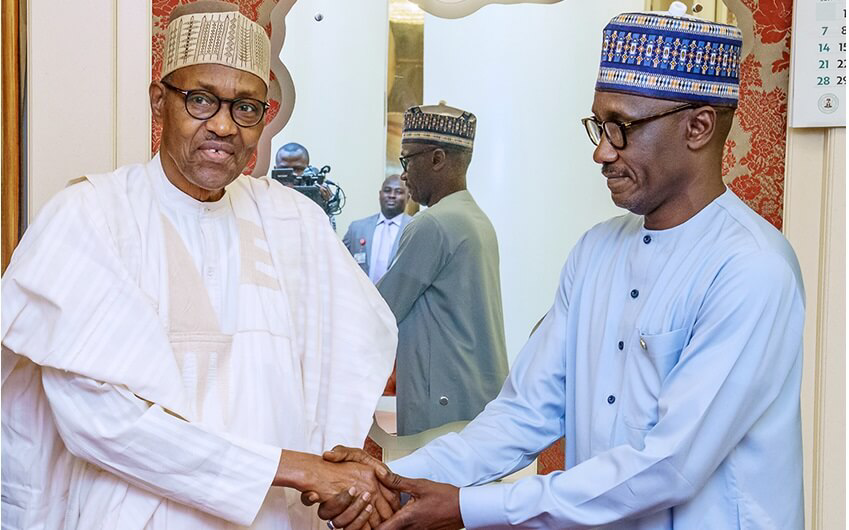
![[TNG INTERVIEW] PIB: Inclusion of frontier states to be funded by FG will rubbish profit from crude oil sales – Rep Chinda](https://thenewsguru.ng/wp-content/uploads/2021/07/Rep-Chinda.jpg)

